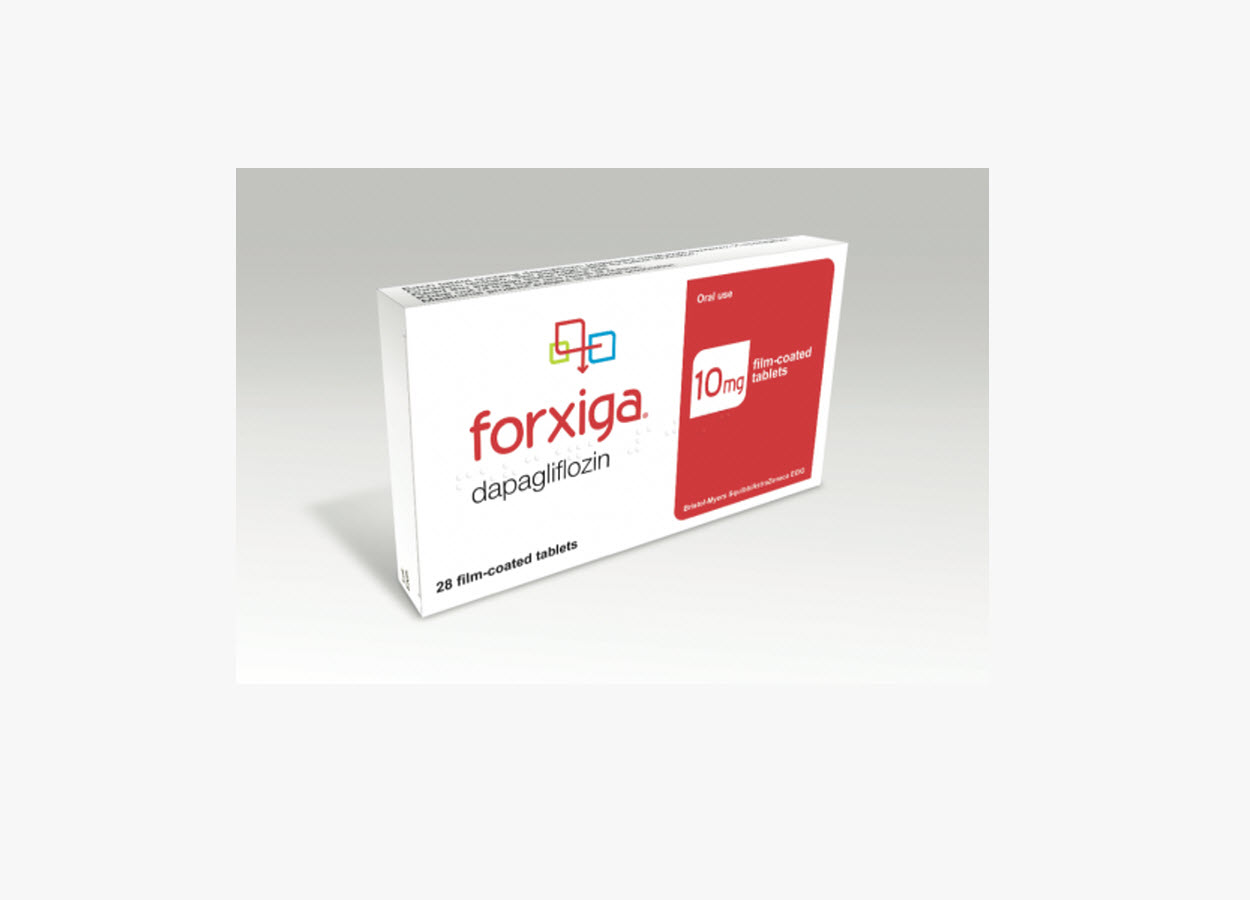
AstraZeneca has been granted Fast Track Designation in the US for the development of Farxiga (dapagliflozin) to reduce the risk of hospitalisation for heart failure (hHF) or cardiovascular (CV) death in adults following an acute myocardial infarction (MI) or heart attack.
The designation is based on the Phase III DAPA-MI trial that will explore the efficacy and safety of Farxiga in this patient population. Acute MI is a serious condition and a known cause of heart failure (HF). Approximately seven million heart attacks occur globally each year.
The Food and Drug Administration’s (FDA) Fast Track programme is designed to accelerate the development and review of new medicines for the treatment of serious conditions where there is an unmet treatment need. In addition to Fast Track Designation, the FDA recently granted Special Protocol Assessment (SPA) agreement to the DAPA-MI trial. The SPA is a rarely granted, advanced declaration by the FDA that a Phase III trial's design is acceptable for a future marketing application.
The DAPA-MI trial integrates routine care and registries with the requirements of a rigorous placebo-controlled, randomised clinical trial, thus aiming for an approvable label indication. Registries are used by physicians to store patient health data collected over time, often during regular recurrent visits. In DAPA-MI, patients and their treating physicians participating in registries can join the trial and integrate it within their routine clinical practice. Unlike conventional studies where patients often need to travel to a trial centre that may be far from home, this pragmatic, innovative approach delivers rigorous safety and efficacy data, while reducing patient burden and streamlining trial delivery.
Mene Pangalos, Executive Vice President, BioPharmaceuticals R&D, said: “The Phase III DAPA-MI trial is the first indication-seeking registry-based randomised controlled trial which will provide quicker access to data and reduce recruitment time and cost, while minimising patient and investigator burden. Today's FDA decision acknowledged the importance of this trial, which will provide valuable insights into Farxiga’s potential in patients who had a heart attack and went on to develop heart failure and also into how we can improve clinical trial design in the future.”
The DAPA-MI trial is conducted in collaboration with Uppsala Clinical Research Center (UCR) and Myocardial Ischaemia National Audit Project (MINAP) in the UK. It will explore the benefit of Farxiga in patients without type-2 diabetes (T2D) following an acute MI. It is expected to begin recruiting in the fourth quarter of 2020.
In May 2020, Farxiga was approved in the US to reduce the risk of CV death and hHF in adults with HF (NYHA class II-IV) with reduced ejection fraction (HFrEF) with and without T2D. Farxiga is also indicated as an adjunct to diet and exercise to improve glycaemic control in adults with T2D. Additionally, Farxiga is being evaluated for patients with chronic kidney disease (CKD) in the Phase III DAPA-CKD trial, which was stopped early after a Data Monitoring Committee determination of overwhelming efficacy.













